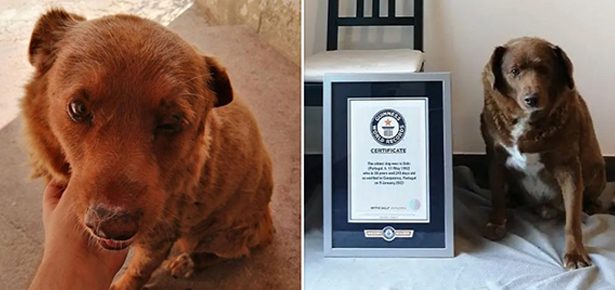

May 18 – 24 is National Dog Bite Prevention Week
Keep everyone safe with these tips
Every year more than 4.5 million Americans, more than half of them children, are bitten by dogs. As part of the National Dog Bite Prevention Week (May 18-24, 2014) Coalition, American Humane Association, the nation’s first national humane organization and the only one dedicated to protecting the welfare of animals and children, encourages adults to teach children how to avoid dog bites and learn the importance of pet owner responsibility.
Dogs can bite for many reasons, including improper care and/or a lack of socialization. All dogs, even well trained gentle dogs, are capable of biting however when provoked, especially when eating, sleeping or caring for puppies. Thus, even when a bite is superficial or classified as “provoked,” dogs may be abandoned or euthanized. Therefore, it’s vitally important to keep both children and dogs safe by preventing dog bites wherever possible.
To reduce the number of injuries to people and the risk of relinquishment of dogs that bite, American Humane Association offers the following suggestions:
For Children:
• Never approach an unknown dog or a dog that is alone without an owner, and always ask for permission before petting the dog.
• Never approach an injured animal – find an adult who can get the help s/he needs
• Never approach a dog that is eating, sleeping or nursing puppies.
• Don’t poke, hit, pull, pinch or tease a dog.
For Dog Owners:
• Never leave a baby of small child alone with a dog, even if it is a family pet.
• Interactions between children and dogs should always be monitored to ensure the safety of both your child and your dog.
• Teach your children to treat the dog with respect and not to engage in rough or aggressive play.
• Make sure your pet is socialized as a young puppy so it feels at ease around people and other animals.
• Never put your dog in a position where s/he feels threatened.
• Walk and exercise your dog regularly to keep him/her healthy and to provide mental stimulation.
• Use a leash in public to ensure you are able to control your dog.
• Regular veterinary care is essential to maintain your dog’s health; a sick or injured dog is more likely to bite.
• Be alert, if someone approaches you and your dog – caution them to wait before petting the dog, give your pet time to be comfortable with a stranger.
Join the newsletter and never miss out on dog content again!
"*" indicates required fields
By clicking the arrow, you agree to our web Terms of Use and Privacy & Cookie Policy. Easy unsubscribe links are provided in every email.





